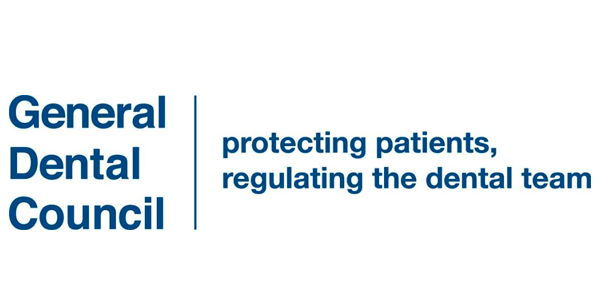Around 90% of the UK have gum disease, more than likely you have suffered from it in your lifetime. Gum disease has two stages, gingivitis and periodontitis, the latter being a more advanced stage of gum disease and unfortunately irreversible. However, if caught early enough we can keep the disease at bay.
Let’s begin with what they are and what causes gingivitis and periodontitis:
Gingivitis:
Gingivitis usually happens before periodontitis, it is caused by plaque or bacterial build up on the teeth. Common symptoms such as:
- Swollen or inflamed gums
- Bleeding gums
- Bad breath
- Sensitive teeth
Symptoms can be mild which make them easier to ignore, but if left untreated they can lead to bigger issues. Some people experience none or all the above symptoms but still have the disease.
Catching it early gives us the best chance of tackling the issue. Keeping a high level of oral hygiene can help reduce the chance of getting gingivitis however we have seen patients who maintain their oral hygiene and still get it.
Make sure you brush and floss at home as well as regular hygiene appointments for a deep professional clean is the most effective way to treat gingivitis. Our hygienists can also give you the best advice on how to maintain a good level of oral hygiene.
Periodontitis
If left untreated, gingivitis can advance to periodontitis. Symptoms persist but the inflammation worsens, and the inner layer of the gum pulls away from the teeth forming small pockets. These can become infected and the teeth can deteriorate, once this happens it cannot regrow, eventually the tooth will become loose and will need extracting.
What causes gum disease?
The main cause of gum disease is plaque, however there are other factors that can contribute:
- Poor oral hygiene – if you don’t brush or floss on a daily basis, plaque can build up and you’re more likely to develop gum disease
- Lack of saliva – saliva actually protects your teeth and gums so if you are taking particular medication or for some other reason have less flow of saliva in your mouth, this can affect your oral health.
- Illnesses – some diseases like cancer or diabetes can interfere with your immune system and put you at higher risk of developing infections
- People who smoke have a higher risk of developing mouth cancer and gum disease as the tobacco makes it hard for gum tissue to repair itself






